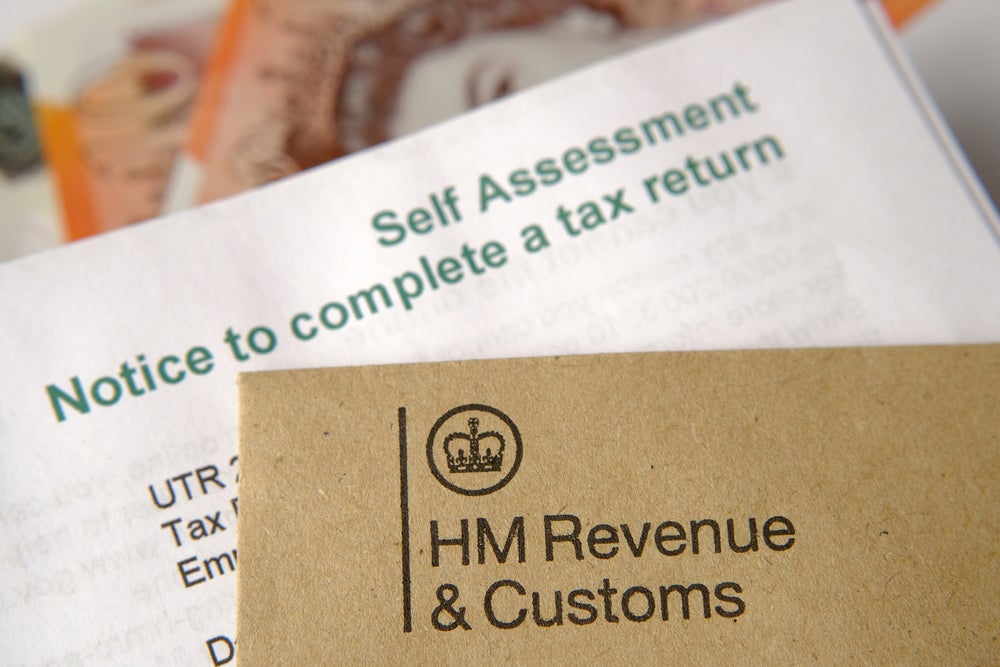
New figures released by HMRC reveal that 1.1m people missed the 31 January deadline to submit their tax returns and could be on the hook for late filing penalties.
Despite its estimate of late filers, HMRC has reported that it received over 500K more returns than it expected prior to the deadline, suggesting that hundreds of thousands of people have been dragged into the Self Assessment net for the first time.
This might reflect the impact of fiscal drag pulling more people past the £50K threshold for having to pay back the High Income Child Benefit Charge, or past the £100K income limit requiring them to file a return.
The 1.1 million people who HMRC estimates missed the deadline is a 10% rise on the estimated 1 million people who missed it last year.
There is an automatic fixed late filing penalty of £100 which applies even if no tax is due or if the tax has been paid on time. After three months, this rises to £10 per day up to a maximum of £900 for 90 days. If you file after six months, there is a £300 penalty, or 5% of the tax due, whichever is the higher.
Commenting on this, BDO Head of tax dispute resolution, Dawn Register, said: “The higher number of people being required to file a tax return for the 22-23 tax year is likely to have led to a rise in the numbers of people filing late. We would encourage HMRC to do more to support people to be compliant and get their tax right first time.
How well do you really know your competitors?
Access the most comprehensive Company Profiles on the market, powered by GlobalData. Save hours of research. Gain competitive edge.

Thank you!
Your download email will arrive shortly
Not ready to buy yet? Download a free sample
We are confident about the unique quality of our Company Profiles. However, we want you to make the most beneficial decision for your business, so we offer a free sample that you can download by submitting the below form
By GlobalData“If you haven’t filed your tax return on time, it’s worth remembering that you can still pay an estimate of the tax owed in order to prevent late payment interest being applied which is currently at 7.75%, the highest rate for 16 years.”






